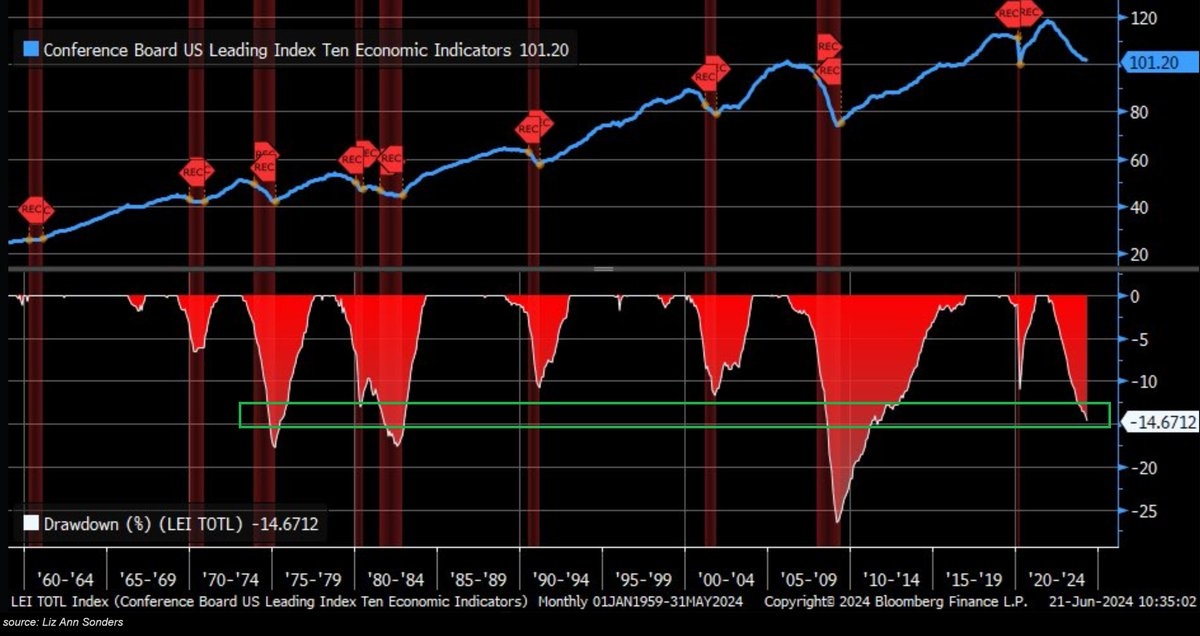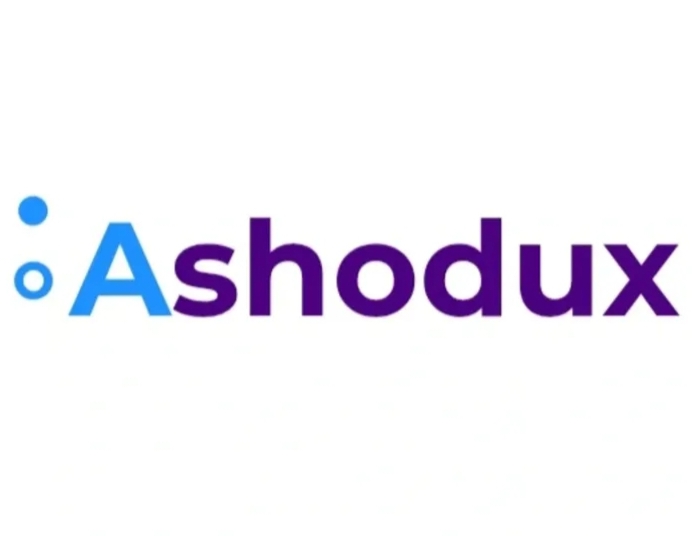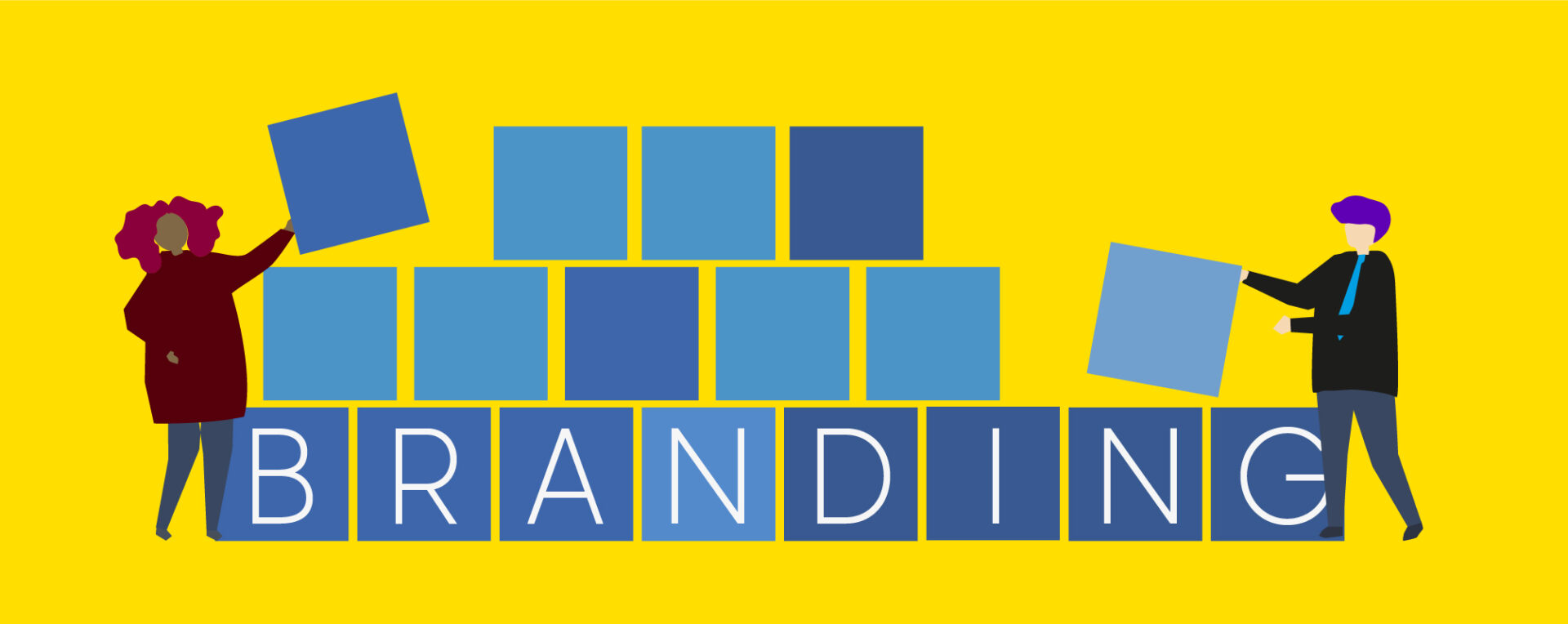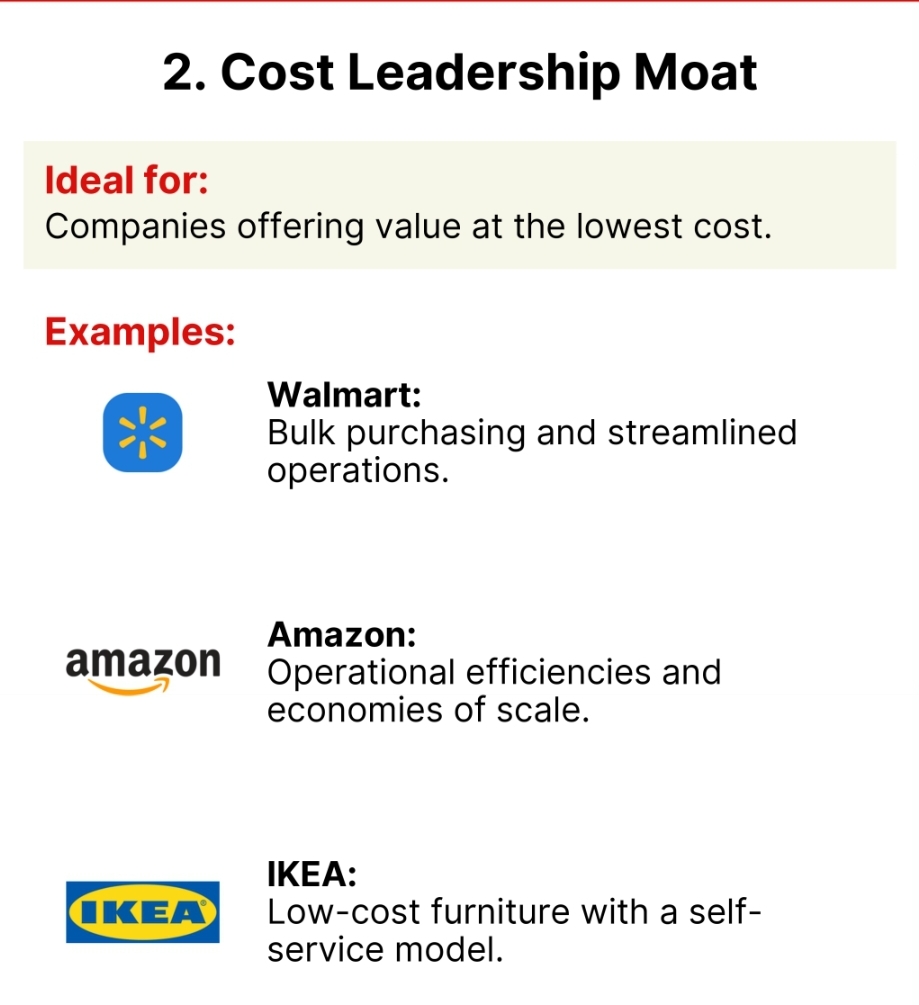Back
Mohammad Asaad Sayed
My mind to me a king... • 1y
How Brands Survive (and Thrive) During a Recession Recessions crush weak businesses and strengthen smart ones. The brands that make it through adapt, pivot, and double down on essentials instead of cutting everything. Here’s how the smartest companies survived tough times: 1️⃣ Prioritizing Essentials Over Luxuries During the 2008 financial crisis, Walmart leaned into its "Everyday Low Prices" strategy, reinforcing affordability. When money is tight, consumers cut luxuries but not necessities—brands that position themselves as "essential" win. 2️⃣ Shifting to Value-Based Marketing McDonald’s launched the “Dollar Menu” when customers became price-conscious. Amazon doubled down on Prime, emphasizing fast, cost-effective shopping. Instead of chasing premium customers, brands focused on maximizing affordability and convenience. 3️⃣ Investing in Advertising (While Competitors Cut Back) P&G, Coca-Cola, and Kellogg’s INCREASED their ad spend during recessions—dominating market share while competitors cut budgets. Why? Less competition for attention = cheaper ad rates + stronger brand presence. The brands that stay visible in hard times win big when recovery hits. 4️⃣ Adapting to Consumer Behavior Changes Airbnb leaned into “affordable travel” in 2008, positioning itself as a budget-friendly alternative to hotels. Netflix capitalized on stay-at-home entertainment during the 2008 crisis, leading to a massive subscriber surge. Smart brands pivot to where the demand is shifting rather than waiting for things to get better. 5️⃣ Expanding Payment Flexibility Buy Now, Pay Later (BNPL) models surged during downturns—letting customers buy without feeling the financial pinch immediately. Apple, Samsung, and other tech brands introduced financing options to maintain sales during economic slumps. Giving customers more ways to buy helps brands avoid sharp revenue drops. The brands that survive recessions don’t just "wait it out"—they ADAPT FAST, stay VISIBLE, and double down on CONSUMER NEEDS.
More like this
Recommendations from Medial
Shubham Khandelwal
Software Engineer • 1y
RECESSION WARNING: US Leading Economic Index® (LEI) is down 14.7% from this economic cycle peak. In the last 65 years, such a drop happened only during recessions. Index takes into account, US labor market data, manufacturing sector data, building
See More
Account Deleted
Hey I am on Medial • 9m
Mukesh Ambani- India’s richest man, made a 2000% profit on an investment made during the 2008 global crisis 📈 He bought Asian Paints shares worth ₹500 crore in 2008, which have now grown to a massive ₹10,000 crore — excluding any gains from dividen
See MoreDeepasnhu Chail
Mastering the Game o... • 1y
Out-of-the-Box Hustle - Clever Tricks Startups Used to Beat the Odds and Make It Big Airbnb In 2008,during the financial crisis, Airbnb was struggling to raise funds. The founders got creative and started selling novelty cereal boxes called "Obama
See MoreDownload the medial app to read full posts, comements and news.

















/entrackr/media/post_attachments/wp-content/uploads/2021/08/Accel-1.jpg)




















